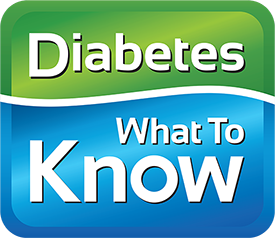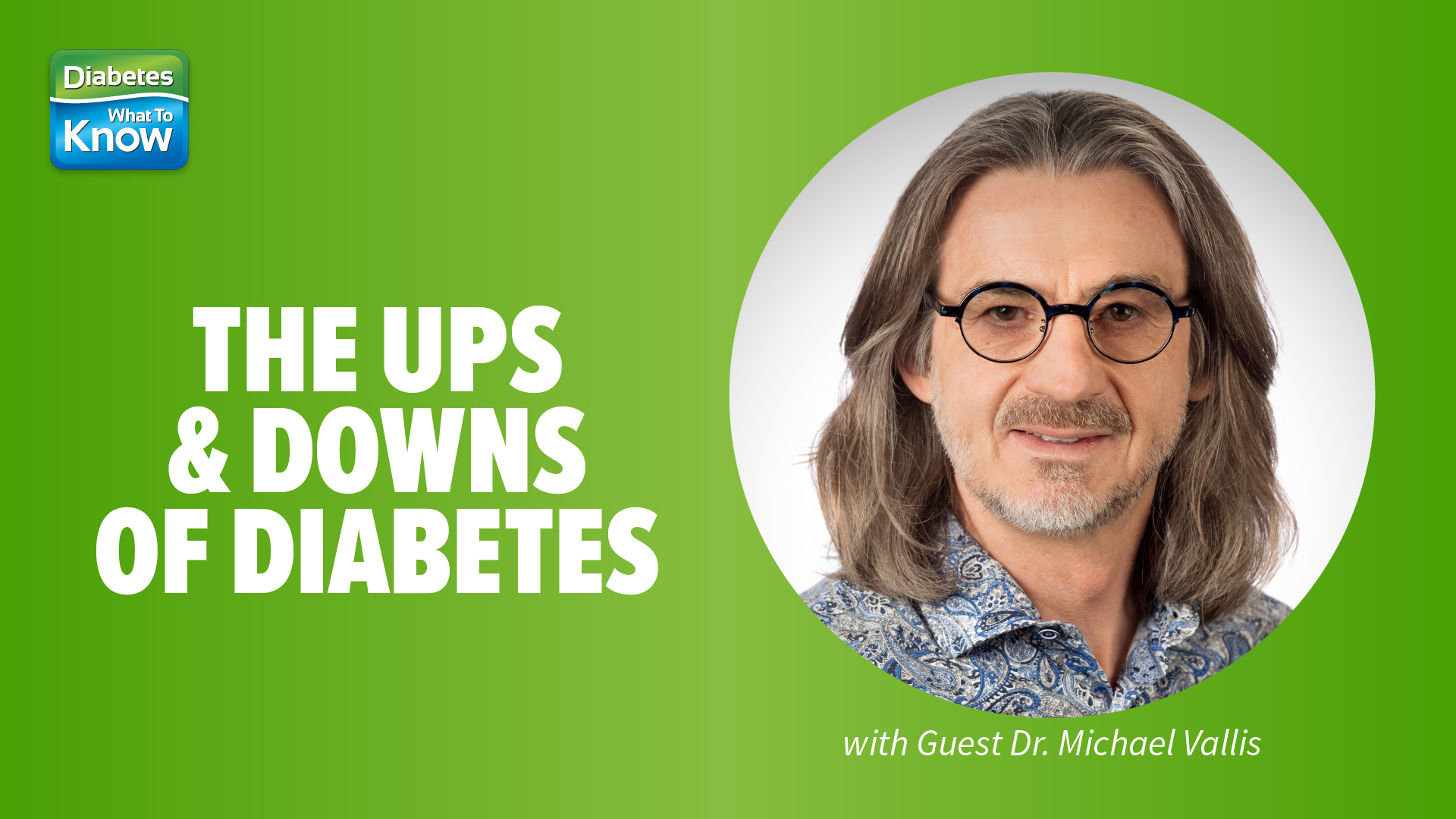Psychologist Dr. Michael Vallis shared six tips in our show below on how to handle the things about diabetes that drive you crazy…
- Give yourself credit for your efforts, even if your blood sugar numbers aren’t exactly where you’d like them to be! Whether it be reducing late night snacks, going for an extra walk, or eating more plant-based foods, be sure to recognize the efforts you’re making to be healthier.
- Look at your blood sugar numbers with curiosity, not judgment. Even if you check your blood sugar after eating the same foods on different days, they will not be the same. Instead of judging them, try to use them as a tool to understand patterns in your numbers.
- What is the formula for success in dealing with diabetes? Dr. Vallis identifies three hurdles to overcome.
- Disease acceptance: No one wants to have diabetes, but coming to terms with the diagnosis is crucial. This acceptance may come and go in waves, and that’s okay!
- Treatment acceptance: Your attitude towards medications, your thoughts on needing them, and any potential concerns you have are critically important to talk with your doctor about.
- Readiness for self-management: Are you ready to take on your diabetes? Change is hard!
- Focus on why being healthy matters to you. For example, thinking about wanting to be present for your grandchildren can motivate us to stay on track with healthier choices.
- Genes play a big role in type 2 diabetes. People often feel that their diagnosis is their fault, when in fact, genetics has much more to do with it than lifestyle alone.
- Talk to family members & close friends about how you want them to help you and your diabetes – this way, they’re less likely to be “the diabetes police.” Set boundaries if needed. Educating them on what diabetes actually is can also be helpful – this video may be a great one to start with.
For more episodes of Diabetes Primetime, click here.
The medical information on Diabetes – What To Know’s website is provided as an information resource only. The content is not in any way intended to be nor should you rely on it as a substitute for professional medical evaluation, diagnosis, advice and treatment.

